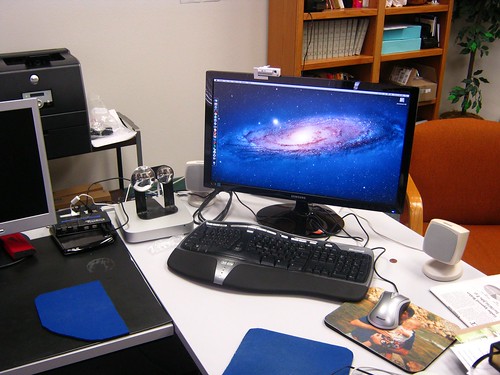I had a whole bunch of problems break my podcast all at once, and I’m slowly figuring them out, one by one.
One of the problems is keeping both ruby 2.7.4 and 3.0.2 from building:
Installing openssl-1.1.1l...
BUILD FAILED (Mac OS X 10.13.6 using ruby-build 20211109)
Inspect or clean up the working tree at /var/folders/2h/930zdx_d2dv8l6tg8m_kw_fh0000gn/T/ruby-build.20211114160436.20979.mnlPJV
Results logged to /var/folders/2h/930zdx_d2dv8l6tg8m_kw_fh0000gn/T/ruby-build.20211114160436.20979.log
Last 10 log lines:
^
clang -I. -Iinclude -fPIC -arch x86_64 -O3 -Wall -DL_ENDIAN -DOPENSSL_PIC -DOPENSSL_CPUID_OBJ -DOPENSSL_IA32_SSE2 -DOPENSSL_BN_ASM_MONT -DOPENSSL_BN_ASM_MONT5 -DOPENSSL_BN_ASM_GF2m -DSHA1_ASM -DSHA256_ASM -DSHA512_ASM -DKECCAK1600_ASM -DRC4_ASM -DMD5_ASM -DAESNI_ASM -DVPAES_ASM -DGHASH_ASM -DECP_NISTZ256_ASM -DX25519_ASM -DPOLY1305_ASM -DOPENSSLDIR="\"/Users/luke/.rbenv/versions/2.7.4/openssl/ssl\"" -DENGINESDIR="\"/Users/luke/.rbenv/versions/2.7.4/openssl/lib/engines-1.1\"" -D_REENTRANT -DZLIB -DZLIB_SHARED -DNDEBUG -I/Users/luke/.rbenv/versions/2.7.4/include -MMD -MF crypto/rand/randfile.d.tmp -MT crypto/rand/randfile.o -c -o crypto/rand/randfile.o crypto/rand/randfile.c
crypto/rand/rand_unix.c:385:47: error: use of undeclared identifier 'kCCSuccess'
if (CCRandomGenerateBytes(buf, buflen) == kCCSuccess)
^
2 errors generated.
make[1]: *** [Makefile:4637: crypto/rand/rand_unix.o] Error 1
Because I’m the next thing to a Normie, I never discover a new problem. This one has been observed since September (or earlier). That post says “the OpenSSL fellows do not develop on MacOS.” Fortunately, some people do. But I have to learn how to use the workarounds.
